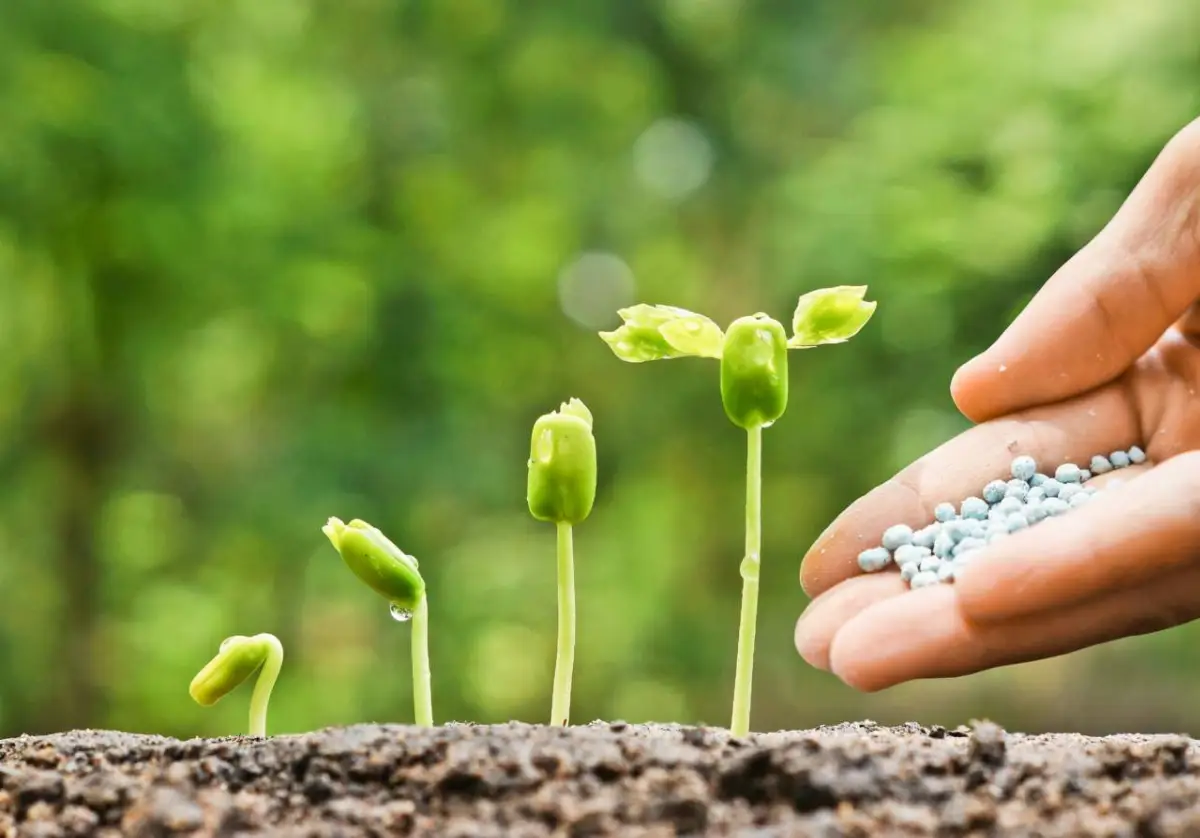
Fertilizer tax: the straw that broke the camel's back?
The entry into force of the CBAM risks fueling an unprecedented crisis

Producers of primary commodities, food processors, traders and fertilizer blenders are raising the alarm about the economic impact that the full implementation of the CBAM mechanism could have on the entire value chain if applied as foreseen by the Commission on 1 January 2026.
The planned entry into force of the Carbon Border Adjustment Mechanism (CBAM) for fertilizers on the first day of next year 2026 risks fueling this crisis to an unprecedented degree. Incredible as it may seem, many of the different factors for calculating the CBAM have not yet been established by the Commission, such as the benchmarks and default values.
This is highlighted in a statement from Copa Cogeca, which states that EU farmers are experiencing historically low, or even negative, margins, largely due to the sharp increase in production costs since 2020. And fertilizers, the statement emphasizes, "often represent their largest unavoidable expense, accounting for 15-30% of total production costs."
In recent years, Copa and Cogeca explain, "prices have already increased sharply and the imposition of additional duties on fertilizers from Russia and Belarus has caused a further price increase of 10-15% for all origins."
These technical uncertainties, the statement explains, lead to widely varying estimates, ranging from a CBAM cost of 10% to over 30% of the fertilizer price. The result is significant financial uncertainty for EU fertilizer blenders and importers, preventing them from placing additional fertilizer orders.
"With 50% of EU fertilizer supplies coming from third countries and current stocks covering only around 60% of next year's needs," the statement continues, "this uncertainty threatens fertilizer trade and the continued availability of fertilizers for European farmers."
Despite these uncertainties, Copa and Cogeca add, "even the lowest estimates suggest that CBAM could add an additional 10-15% to fertilizer prices in 2026, with some scenarios predicting increases of up to more than 30%."
"In the current context," the official statement from European agricultural organizations continues, "EU farmers could face a perfectly unsustainable scissors effect, in which they would be unable to absorb further increases in fertilizer prices or supply disruptions."
"Such developments," the statement concludes, "would undermine the profitability of EU agricultural production, as well as the competitiveness and resilience of the food chain as a whole, resulting in reduced availability of raw materials and, ultimately, higher prices for consumers."
EFA News - European Food Agency